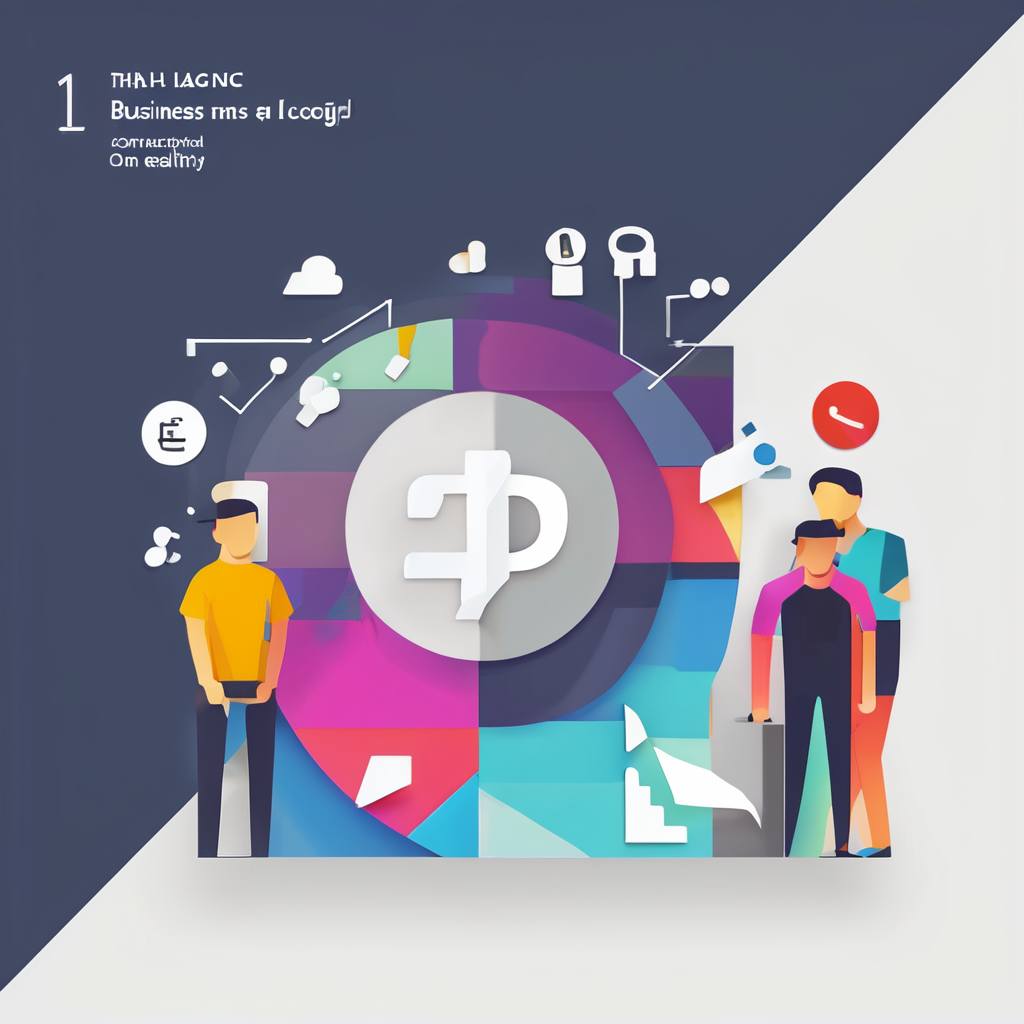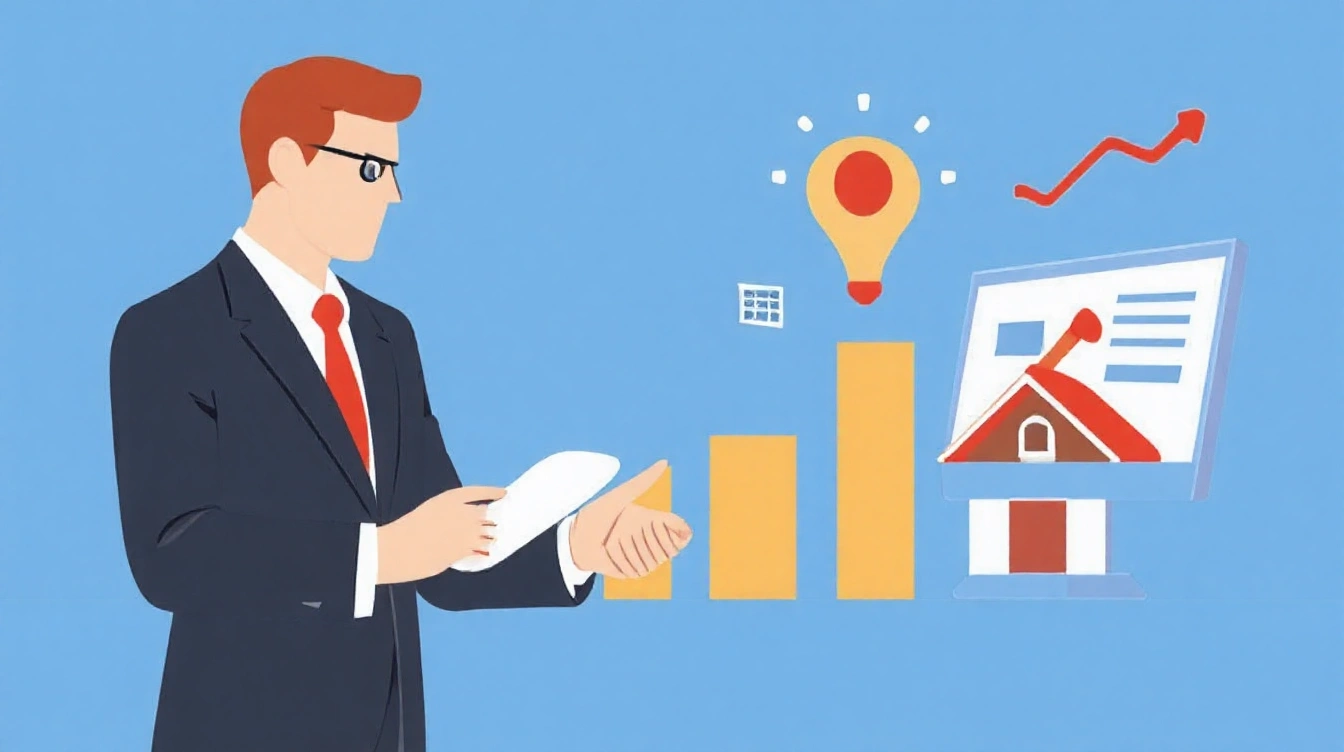Success in real estate hinges on consistently attracting quality leads. Effective lead generation strategies combine proven fundamentals with smart use of digital and traditional channels. Setting clear goals and leveraging tools streamline this process, turning potential interest into lasting client relationships. Unlocking these methods empowers agents and brokers to thrive in competitive markets and build sustainable businesses.
Proven foundational strategies for successful real estate lead generation
Effective real estate lead generation strategies hinge on mastering several core principles that form the backbone of any successful campaign. At its essence, lead generation essentials start with identifying the target market and delivering tailored messaging that resonates with potential clients. Personalization enhances engagement, fostering trust early in the process. Without a deep understanding of client needs, efforts risk being generic and ineffective.
Also to see : What Are the Best Strategies to Revolutionize Marketing Practices for UK Businesses?
An important aspect of foundational real estate success methods is the integration of both online and offline techniques. Combining digital approaches such as SEO, social media advertising, and email marketing with traditional methods like networking events and direct mail campaigns maximizes reach. This hybrid strategy increases visibility across diverse touchpoints, catering to different buyer preferences and behaviors. Relying solely on one channel often limits lead flow and reduces overall effectiveness.
Setting measurable goals is vital for tracking and optimizing lead generation success. Clear, quantifiable objectives such as the number of new contacts per month or conversion rates—provide benchmarks to assess performance. Regularly reviewing these metrics enables agents to refine strategies in real-time, shifting resources toward the most productive tactics. Implementing goal tracking ensures accountability and continuous improvement, which are non-negotiable in competitive markets.
Additional reading : Unlock your real estate potential with smart lead generation
By focusing on these foundational strategies targeted messaging, multi-channel integration, and measurable goals real estate professionals can create a robust framework that consistently attracts and converts qualified leads. For deeper insights into optimizing your approach, exploring advanced topics like smart lead generation tools can further amplify results, especially when combined with proven foundational principles. Learn more about how to sharpen your tactics by exploring resources on lead generation for estate agents.
High-impact online lead generation tactics for real estate professionals
Digital lead generation in real estate is an essential strategy for agents aiming to maximize their outreach and conversion rates. Real estate online marketing encompasses a variety of tools and platforms designed to attract potential buyers and sellers efficiently. Among these, virtual lead sourcing has emerged as a particularly effective method, allowing professionals to access a broader audience beyond traditional boundaries.
Social media marketing for real estate leads is a cornerstone of digital lead generation in real estate. Platforms like Facebook, Instagram, and LinkedIn offer powerful targeting options to connect with specific demographics. By creating engaging content and ads tailored to the interests and behaviors of potential clients, agents can boost visibility and interaction. Real estate online marketing through social media also enables two-way communication, fostering trust and rapport that often converts into leads.
Leveraging real estate websites and landing pages is another key tactic. Well-designed, user-friendly websites act as hubs for virtual lead sourcing, guiding visitors through property listings, client testimonials, and contact forms. Optimized landing pages, specifically crafted for particular campaigns, increase the chances of visitor engagement by offering clear calls to action. In real estate online marketing, these pages serve as vital conversion points, turning curiosity into actionable leads.
Email campaigns and follow-up automation complement these efforts by maintaining ongoing contact with potential clients. Implementing automated sequences ensures timely follow-ups, nurturing leads through personalized messages and relevant offers. This technique strengthens digital lead generation in real estate by keeping agents top-of-mind while clients navigate their purchasing decisions. Using automation tools enhances efficiency, allowing real estate professionals to scale their outreach without sacrificing personalization.
Together, these high-impact tactics social media marketing, optimized websites and landing pages, and automated email campaigns form a comprehensive framework for successful digital lead generation in real estate, ensuring consistent virtual lead sourcing and improved conversion rates.
Practical offline lead generation methods to expand reach
When it comes to traditional real estate lead generation, offline strategies remain incredibly effective in building trust and personal connections. One of the most impactful techniques is hosting and optimizing open houses. These events not only showcase the property but also allow agents to engage personally with potential buyers, creating a lasting impression that digital ads often cannot replicate. By carefully preparing the home, offering informative materials, and following up with attendees, agents can convert casual visitors into viable leads.
Another key method is offline networking through community involvement and referral programs. Participating actively in local organizations, sponsoring neighborhood events, or volunteering helps agents become familiar faces in their market. This visibility fosters goodwill and often results in word-of-mouth referrals, an invaluable source of quality leads. Encouraging satisfied clients to recommend services via referral programs also nurtures ongoing lead generation rooted in trust.
Building relationships through local events and print advertising further complements offline lead generation efforts. Attending or hosting community gatherings helps agents connect directly with potential buyers and sellers in relaxed, face-to-face settings. Meanwhile, strategically placed print ads in local newspapers, magazines, or mailers support brand recognition and reinforce an agent’s credibility in the area. Together, these in-person promotion techniques create a comprehensive, offline real estate lead generation approach that amplifies reach and engagement beyond the digital space.
Tools and technologies that streamline real estate lead generation
In the competitive world of real estate, real estate lead generation tools are essential for agents aiming to capture and convert more prospects efficiently. At the heart of this ecosystem are CRM for real estate platforms, designed specifically to organize client data, track interactions, and automate follow-ups. These CRM systems enable agents to prioritize leads based on engagement and potential value, reducing manual efforts and increasing conversion rates.
Beyond CRMs, specialized real estate lead generation tools include lead capture websites, IDX integrations, and social media plugins that attract prospects directly from digital channels. These tools automatically gather contact information and behavioral insights, seamless feeding data into CRM systems for easy management.
Combining these components with automation software for agents transforms how leads are nourished. Automation can schedule personalized emails, trigger reminders for calls, or launch targeted campaigns aligned with a lead’s profile. This integration fosters consistent communication without overwhelming agents, enabling a scalable approach to nurturing leads over time.
Ultimately, the synergy between these tools CRM for real estate, lead capture platforms, and automation software empowers agents to streamline workflows and sharpen focus on closing deals.
Step-by-step guide to creating a customized lead generation plan
Creating an effective lead generation plan begins with a thorough assessment of your market and target audience. Understanding specific buyer personas, local demographics, and current market trends allows you to tailor your real estate business strategy effectively. For instance, identifying whether your target clients are first-time buyers, investors, or retirees can dictate the types of messaging and channels you prioritize.
Once you have a clear picture of your audience, the next step is selecting the right mix of strategies for your business model. This means integrating multiple approaches such as digital marketing, community outreach, and referral programs into a personalized lead generation blueprint that aligns with your goals and resources. Remember, the best plans balance broad reach with targeted engagement to maximize conversion potential.
Monitoring success is equally crucial. Setting up robust tracking mechanisms helps measure the return on investment (ROI) for each lead generation effort, from social media campaigns to email newsletters. Consistently reviewing these metrics enables you to optimize your strategy, ensuring your real estate business strategy remains adaptive and efficient.
Implementing a customized lead generation planning process can significantly boost your ability to attract quality leads and grow your business.
Case studies: Real estate professionals succeeding with effective lead generation
Real estate success stories often highlight the transformative power of lead generation in driving business growth. One notable example involves an agent who boosted sales significantly by implementing targeted digital campaigns. By analyzing audience data and focusing on specific neighborhoods, this approach generated high-quality leads, converting prospects into clients faster than traditional methods.
Another compelling lead generation case study comes from a brokerage that leveraged community events to maintain a steady flow of prospects. Hosting local workshops and sponsoring neighborhood gatherings not only increased visibility but also established trust within the community. This strategy resulted in consistent lead acquisition, showcasing how real-world real estate examples benefit from organic engagement.
Agencies maximizing referrals and repeat business illustrate the value of strategic follow-up. By maintaining personalized communication and offering incentives to satisfied clients for referrals, these agencies saw a substantial increase in loyal clientele. These real estate success stories confirm that combining technology with relationship-building creates sustainable lead conversion.






